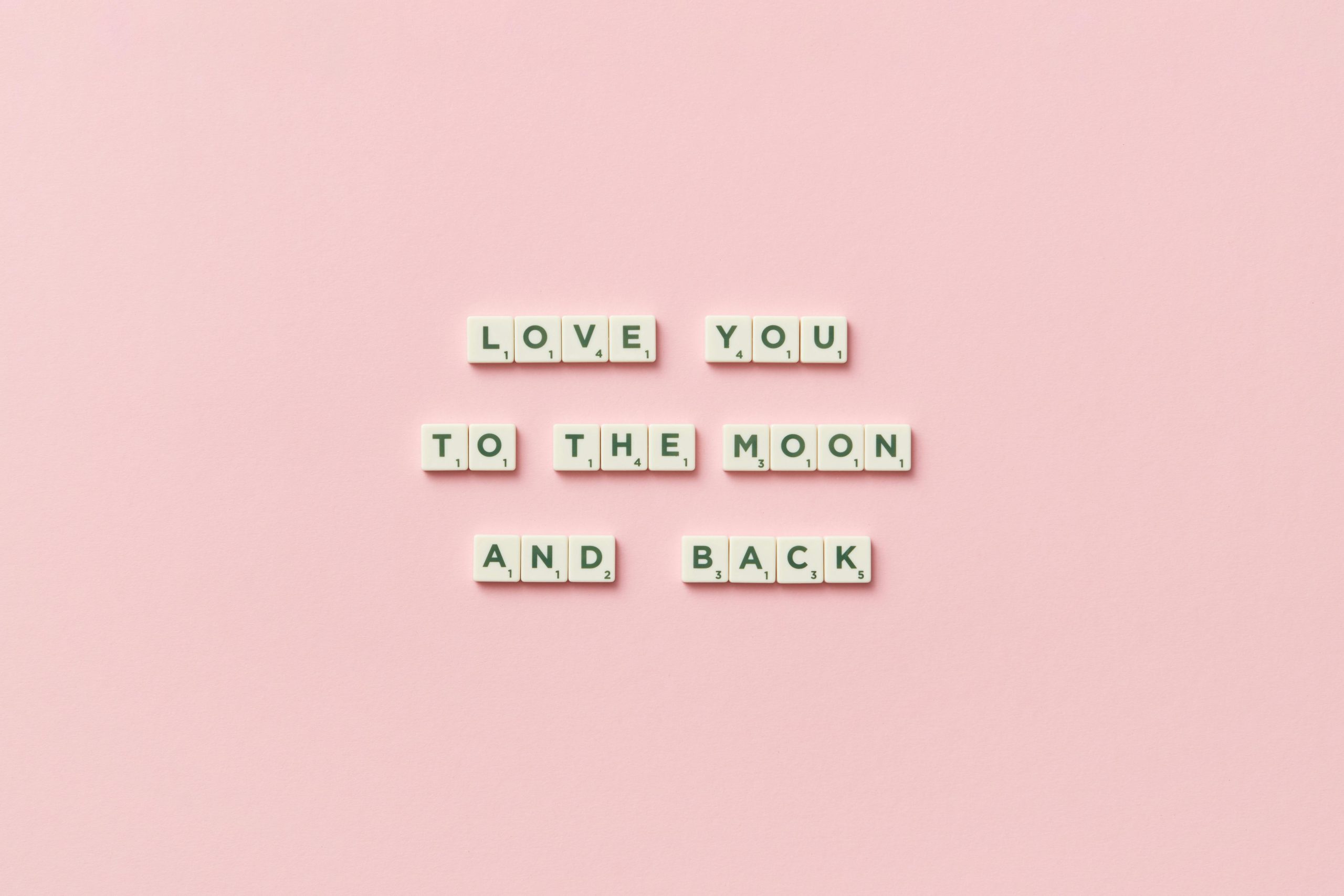Your cart is currently empty!

Steven Coulson
Steven has been drinking beers, wines and spirits for decades and has a propensity to go about them at length after a few drinks.
Latest Posts
- My wife found out our favorite Gin for martinis was discontinued. I think we are good for a while…

- Oregon Road Trip: Freeland Spirits Garden Botanicals Gin

- Botanist with Trader Joe’s Lemon and Elderflower Soda

- I’m one of the worlds leading buyers of craft gin in the world and a international spirit judge AMA

- I’m blown away…. By how let down I am by this Gin.

Categories
Tags
Social Links

The Surprising Psychoactive Properties of Hops in Beer
When it comes to the world of craft beer, we often find ourselves discussing various ingredients and their effects, but one particular item that merits a deeper look is hops. Having recently conducted my own experiments with different types of IPAs, I’ve come to a fascinating conclusion: hops may possess psychoactive properties that contribute to the overall experience of drinking certain beers.
In a previous post, I mentioned my preference for India Pale Ales (IPAs) with high International Bitterness Units (IBUs). While some commenters shared my enthusiasm, others attributed the experience to the higher alcohol content of such brews. Intrigued by this debate, I delved deeper into the relationship between hop levels and alcohol content, particularly focusing on the distinct sensations they produce.
Take “Cold” IPAs, for instance. These beverages contain fewer hops but maintain an alcohol by volume (ABV) that’s comparable to many West Coast IPAs. On the other hand, Imperial IPAs often boast high ABVs with an abundance of alcohol yet lack the hop intensity I personally enjoy. I’ve concluded that a well-crafted West Coast IPA with a balanced ABV is a true standout.
The experience I gain from hoppier beers distinctly differs from the typical alcohol buzz. Instead of a simple euphoria, there’s an invigorating and cerebral quality that accompanies it. This leads me to ponder whether hops could have a psychoactive effect, particularly when coupled with fermentation. Could the fermentation process enhance the bioavailability of compounds in hops, or even enable certain elements to cross the blood-brain barrier? It’s an exciting theory worth exploring.
It’s important to note that my experience doesn’t stem from a sensitivity to hops. There are no negative reactions such as itching or hives; rather, the effects are purely uplifting and euphoric.
Additionally, it’s intriguing to consider the historical significance of hops in brewing. While beer may not have always included hops, their adoption has become nearly universal throughout the brewing world. This prompts the question: what makes hops such a beloved staple in beer recipes?
As we continue to explore the nuances of hops and their potential psychoactive effects, there’s a wealth of exciting information to uncover about this remarkable ingredient. Whether you’re a casual drinker or a seasoned enthusiast, understanding the role hops play in your favorite brews can enhance your appreciation for the craft of brewing.
